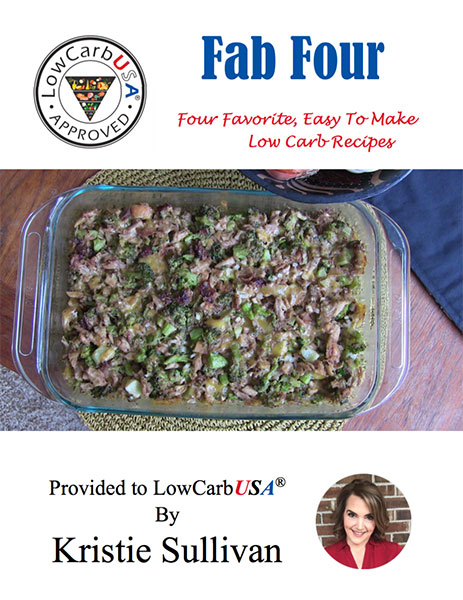Cancer
Michael J Gonzalez; Thomas Seyfried; Garth L Nicolson; Barry J Barclay; Jamie Matta; Alex Vasquez; Dominic D’Agostino; Jose Olalde; Jorge Duconage; Ronald Hunninghake; Miguel J Berdiel; Amanda Cintrón
Cancer and other degenerative diseases are increasing to epidemic proportions in all industrialized countries. Many of these degenerative diseases show some familial association, thus a genetic basis has been assumed. Yet, the nature and frequency of genetic variants in the human population has not changed significantly in the past 50 years, even though the incidence of these diseases has climbed continuously (Wallace, 2005). Therefore, because the increased and increasing incidence of cancer cannot be attributed to population-wide genetic change during this short timeframe, the cause must be external to the genome, in the “environment”, which with relation to diet and chemical exposures, has altered radically in the past few decades.
Read article
Chris Kresser
Beyond just being loaded with “artery-clogging saturated fat” and sodium, bacon has been long considered unhealthy due to the use of nitrates and nitrites in the curing process. Many conventional doctors, and well-meaning friends and relatives, will say you’re basically asking for a heart attack or cancer. Chris Kresser debunks this Myth and, if you have the time, the comments thread is a hilarious read.
Read article
Georgia Ede, MD
In October, twenty-two scientists from ten countries met at the International Agency for Research on Cancer (IARC) in Lyon, France, to evaluate the link between processed and red meat and cancer. The result was a highly-publicized press release by the World Health Organization (WHO) declaring processed meat as “carcinogenic to humans” and red meat as “probably carcinogenic to humans.”
Dr. Ede went over the WHO report with a fine tooth comb and can confidently reassure you that there is absolutely no proof that meat of any kind causes cancer in humans or animals. In the spirit of this joyous holiday season, a poem inspired by the beloved story “How the Grinch Stole Christmas” by the incomparable Dr. Seuss. Her complete analysis of the report can be found here.
Read article
Georgia Ede, MD
The World Health Organization (WHO) released a two-page report entitled Carcinogenicity of Consumption of Red and Processed Meat, warning the planet that processed meat definitely causes colorectal cancer in humans, and that red meat “probably” causes colorectal cancer in humans. The report listed a total of 20 scientific references. WHO’s frightening anti-meat proclamation made headlines worldwide and had a major impact on how people think about meat and health………I read the report and all of the experimental studies cited in the report. I found no scientific evidence to support the WHO’s anti-meat cries, and I think it is important to set the record straight.
Read article
Paul Clayton; and Judith Rowbotham
Analysis of the mid-Victorian period in the U.K. reveals that life expectancy at age 5 was as good or better than exists today, and the incidence of degenerative disease was 10% of ours. Their levels of physical activity and hence calorific intakes were approximately twice ours. They had relatively little access to alcohol and tobacco; and due to their correspondingly high intake of fruits, whole grains, oily fish and vegetables, they consumed levels of micro- and phytonutrients at approximately ten times the levels considered normal today. This paper relates the nutritional status of the mid-Victorians to their freedom from degenerative disease; and extrapolates recommendations for the cost-effective improvement of public health today.
Read article
Dr. Mary Newport
The University of Pittsburgh will be conducting a clinical trial of the ketogenic diet to treat cancer. Here is a link with more information about the trial.
Read article
Dr. Mercola
To some, a ketogenic diet amounts to nothing less than a drug-free cancer treatment. The diet calls for eliminating carbohydrates, replacing them with healthy fats and protein. The premise is that since cancer cells need glucose to thrive, and carbohydrates turn into glucose in your body, then cutting out carbs literally starves the cancer cells.
Read article

